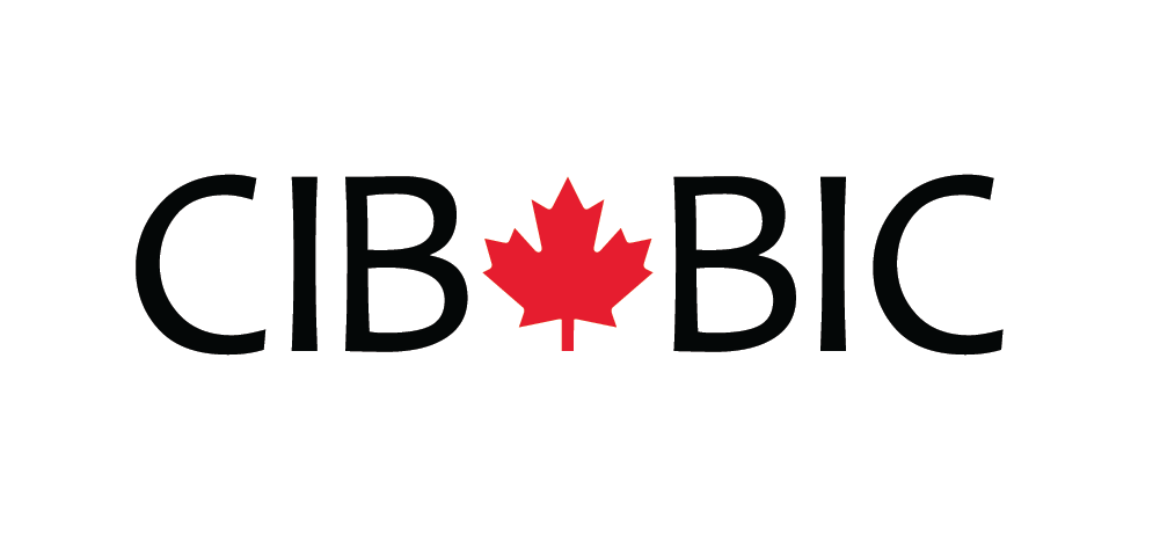Toronto – The Canada Infrastructure Bank (CIB) has announced its plan to invest in critical minerals enabling infrastructure. The CIB will collaborate with government, Indigenous partners and private investors to finance infrastructure which unlocks mineral deposits required for the green and digital economy.
The Canadian Critical Minerals Strategy unveiled in December 2022 positioned the CIB as a complementary financing source to accelerate the development of Canada’s critical mineral resources and supply chains.
Enabling infrastructure includes access roads, clean power generation and transmission along with wastewater management facilities which support the mining of Canada’s critical mineral deposits.
The CIB will also seek to invest in the infrastructure needed to advance projects in the critical minerals supply chain.
Development of critical mineral mines is essential to support Canada’s goal of achieving net zero by 2050. The federal government’s list of 31 critical minerals – including lithium, graphite and cobalt – have a variety of applications from electric vehicle batteries to wind turbines, semiconductors and hydrogen fuel cells.
The CIB will target investments of at least $100 million, except those projects owned by Indigenous communities. These investments are part of the CIB’s Trade and Transportation priority sector, which has a long-term investment target of $5 billion.
As laid out in Canada’s Critical Minerals Strategy, minerals are deemed “critical” if they are:
- essential to Canada’s economic security and their supply is threatened, or
- required for our national transition to a low-carbon economy, or
- a sustainable source highly relied upon by our partners and allies.
Canada is a large producer of minerals and metals and has the potential to be a leader in supplying critical minerals, but companies need to be able to access the required capital to move forward with mine construction.
Our investments will help the mining industry develop important enabling and supporting infrastructure such as roads and energy facilities required prior to construction of mines. Canada has an opportunity to be a substantial global producer of critical minerals. Unlocking critical mineral deposits is essential for Canada’s move to net zero, economic development and supporting northern communities.
Integral to the development of various clean technologies, critical minerals present generational economic opportunities for Canada. The federal government is committed to unlocking these opportunities through investments at every step of the value chain. Building on Canada’s Critical Minerals Strategy, which includes $1.5 billion for infrastructure, the CIB will play a complementary role in these efforts by supporting important infrastructure projects like roads, utilities, water treatment facilities and more. Through these investments, we are positioning Canada to be the global supplier of choice for critical minerals and the clean technologies that they enable.
Infrastructure, like roads, ports, access to the electrical grid and internet access, are all key components to ensuring Canada’s mining sector is able to supply the critical minerals and metals integral to the technologies that will enable the global energy transition. Greater investments in infrastructure development are essential, to advance both our industry and improve the quality of life for those living in Canada’s remote, Indigenous and northern communities, and the CIB’s Critical Minerals investments will bring much needed supports for our sector.
Quick Facts
- The CIB will work in complementarity to other federal programming, including Natural Resources Canada’s $1.5 billion Critical Minerals Infrastructure Fund, to support energy and transportation projects needed to unlock priority mineral deposits.
- The Government of Canada has identified critical minerals as a strategic priority that are essential to the country’s move to net zero with use in several key products, such as electric vehicle batteries, wind turbines, aerospace, electronics, semiconductors, LED lights and hydrogen fuel cells.
- Canada’s critical mineral deposits are often located in remote areas with challenging terrain and limited infrastructure.
- The CIB’s investment in critical minerals infrastructure falls under the Trade and Transportation priority sector.
- Budget 2023 announced that the CIB will provide loans to Indigenous communities to support them in purchasing equity stakes in infrastructure projects in which the Bank is also investing.
- All CIB investments are subject to approval by its Board of Directors.



